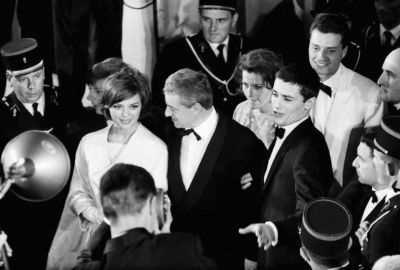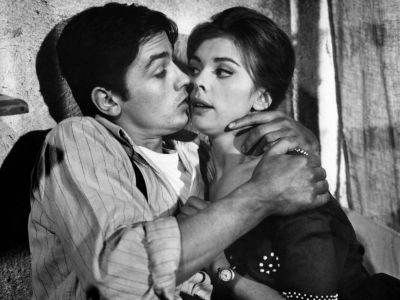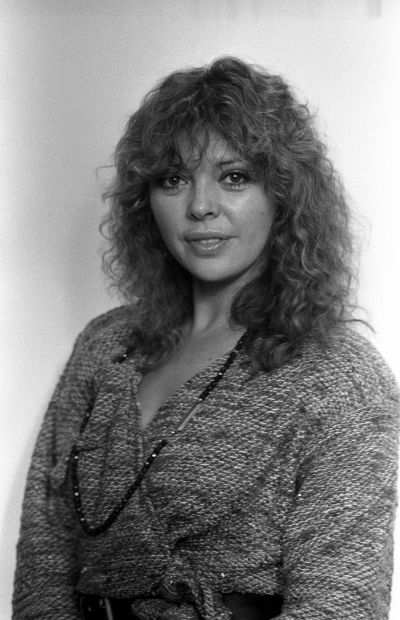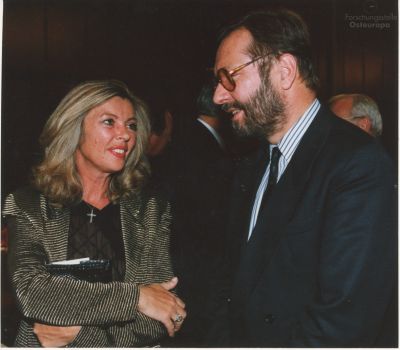Barbara Kwiatkowska-Lass (1940–1995)

After divorcing her husband, she found herself in a new role. After the state of war was declared in Poland, Kwiatkowska decided to support the opposition that was rebelling against the Communist regime. She organised support for Solidarność and sent packages to Poland. Members of the opposition stayed in her house in Bavaria, and occasionally people also sought refuge there. A unique friendship connected the actress to Jacek Kaczmarski, the well known bard of the trade union movement. Andrzej Wajda and Agnieszka Osiecka were also among her visitors. In the 1980s, she began working with the radio station Freies Europa in Munich, where she was also involved in the liberal Klub Niezależnej Myśli Politycznej im. Juliusza Mieroszewskiego (Juliusz Mieroszewski Club for free political thought). Together with her new life partner, the jazz musician Leszek Żądło, Barbara Kwiatkowska founded and also led the association Stowarzyszenie na Rzecz Porozumienia Niemiecko-Polskiego (Association for the promotion of German-Polish understanding). The couple even considered moving to Kraków where they bought a house. But this plan did not come to fruition because, just as everything in her life seemed to be going well, she was diagnosed with a serious illness - viral hepatitis C. The doctors only gave the actress ten years at most to live. But her death came suddenly. She died in March 1995 from a brain haemorrhage which happened at a concert played by the famous jazz trumpeter Al Porcino in Baldham near Munich. Her funeral, which was overshadowed by a scandal, was held in the Rakowicki cemetery in Kraków. Shortly before the memorial service, it was noticed that the urn with the actress’s mortal remains had gone missing. The urn was found in Bytom after an extensive search, in which even the Polish State Protection Office was involved, so the interment could still take place but with somewhat of a delay. Chiselled in stone on her headstone were notes from a piece of music by Leszek Zadlo that he had dedicated to her, as well as an inscription from the pen of Jacek Kaczmarski, a good friend of the actress, which states: “Ewa wants to sleep... Basia lived, loved. Now she’s sleeping.“
Monika Stefanek, November 2021
I would like to thank Leszek Zadlo and the Research Centre for East European Studies at the University of Bremen for providing the photos for this article.



















